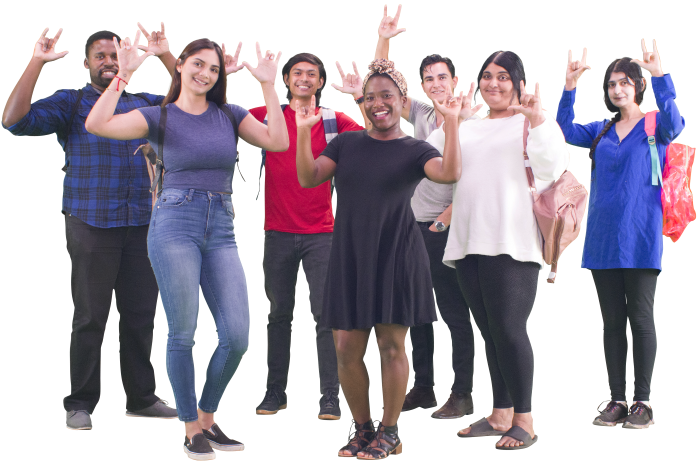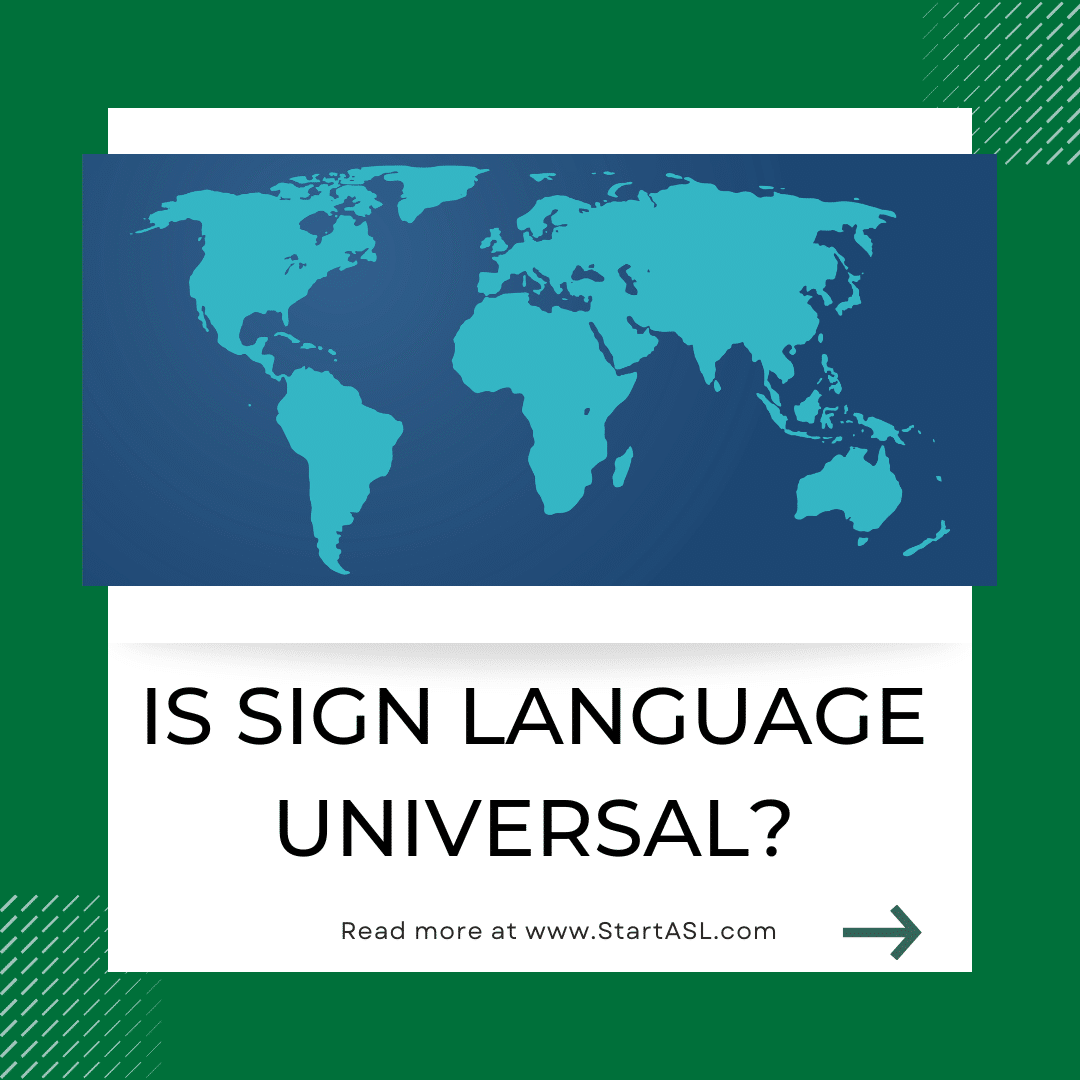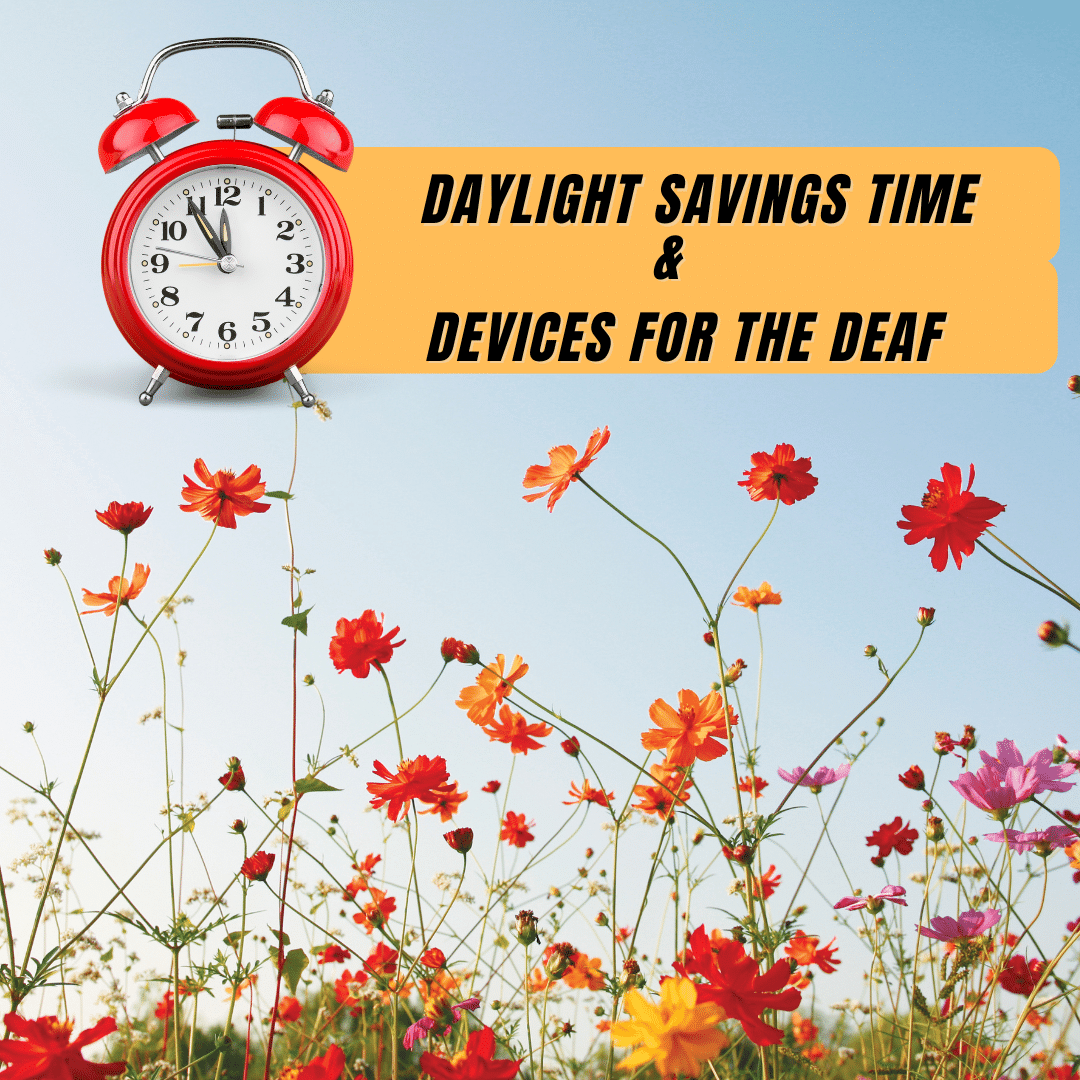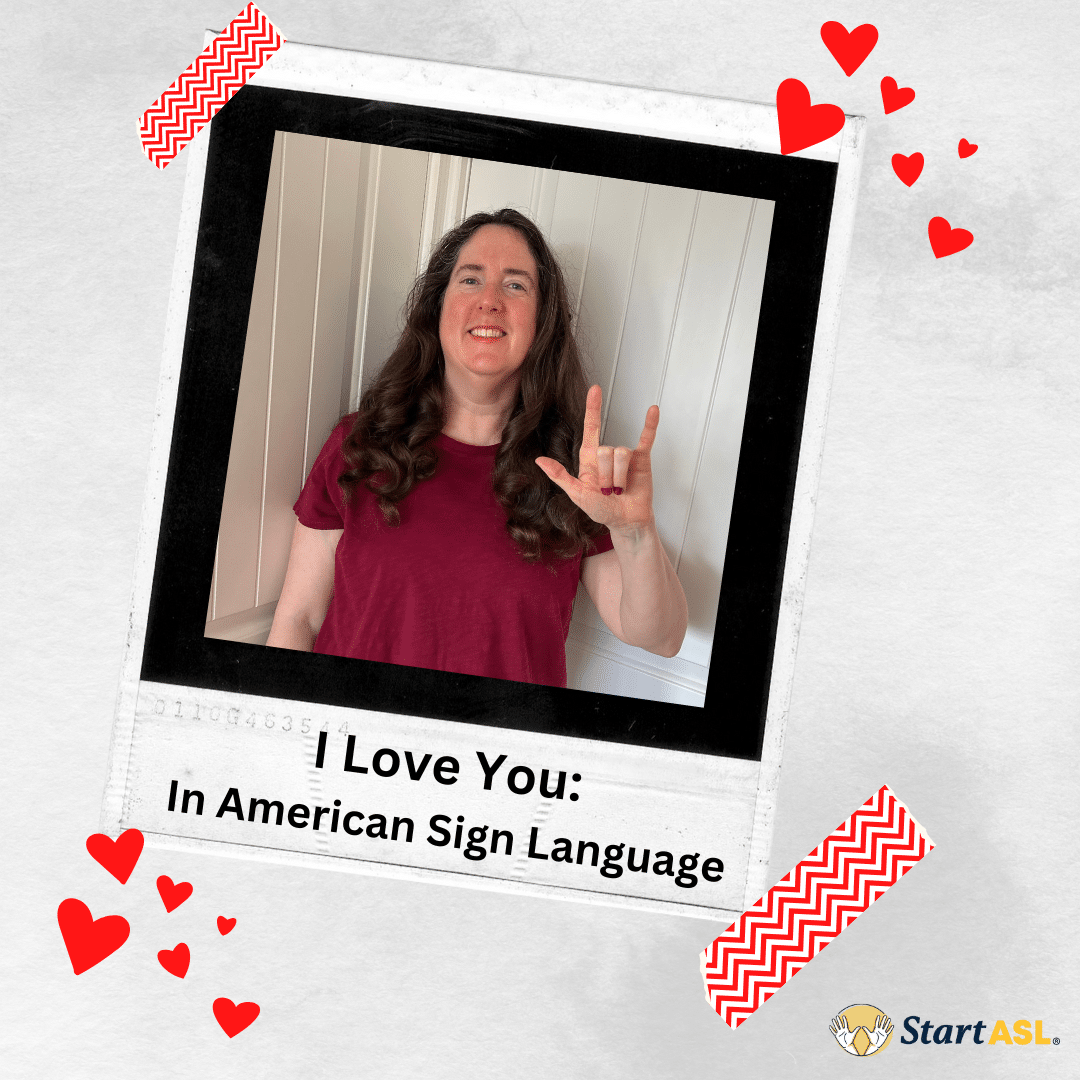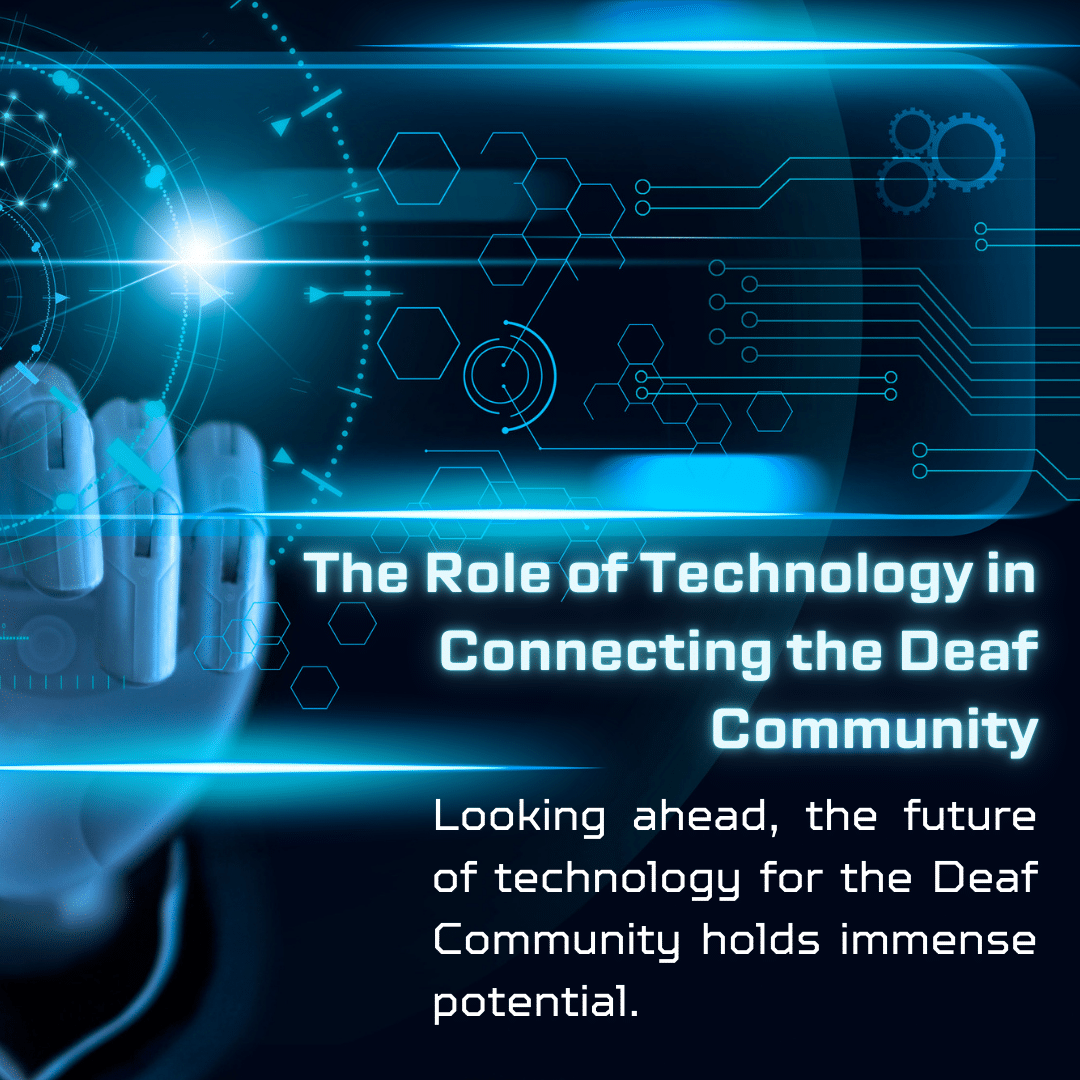
Deaf Travel
- by Katelyn Cheng
- No Comments

There are a lot of Deaf people who love to travel. People may wonder how Deaf people communicate with other people in different states/countries, are able to get around, and go through checking in/TSA without any problems. Well, D/deaf people find ways they can be successful in traveling – it is all about experience and knowing what to expect ahead of time. The general rule of thumb for travelers is to do a lot of researching and planning ahead to make sure they know how their days will look like. In addition, during the research, reservations can be made and questions can be answered ahead of time to avoid problems later. Typically, Deaf people will “call” using a VP-videophone where they have an interpreter. From this, they can find information they need to know or make reservations. So, what happens when they are needing to communicate with foreigners? Communication can be performed through writing back and forth with pen/paper, texting on the phone, or using gestures. Many D/deaf travelers share that the best part of their traveling is when they meet other D/deaf people in other countries, where they are able to share stories, cultures, and languages with each other (and no, American Sign Language is not universal-read more about it here).
Fun fact: Here are examples of the alphabet in sign language that are different in each country.
https://www.youtube.com/watch?v=xi6M7x6IgbI
https://www.youtube.com/watch?v=jFUTNGXWYxY
https://www.youtube.com/watch?v=MzMloMKXp5Y
How do D/deaf people get around the city? It is mostly based on experience that D/deaf people will need to know what kinds of transportation is available in that city. If the city relies on public transportation such as buses or subways, they will have to do research on how to purchase tickets or passes. Deaf travelers sometimes have friends who live in those countries that can help out with buying tickets, etc, and these tickets can get disability discounts. If they make calls internationally, they can use a VP app.
How do D/deaf people handle going through check-in/TSA? Once again, this is all based on experience, and Deaf people will often communicate through writing or typing in the phone. Deaf people heavily rely on visual cues to understand what is happening around them.
There is a well-known Deaf traveler named Calvin Young who founded Seek the World, a website/Deaf video series on travel, sign language, and Deaf culture. He was working on a real estate start-up until he realized he loves to travel, so he quit his job as a real estate agent to do full time traveling while sharing his stories and experiences on Seek the World.
Here is a personal experience shared by a deaf traveler:
When I was growing up, traveling to many countries has become my one of my favorite parts in my life. I have learned a lot when I observed my family go through TSA and how to plan trips. Even though I learned from my family how traveling works, I still seek for tips and advice that I should know when traveling such as which airline I should fly, websites to look at, or whether or not luggages are included as part of the airline package, etc. As deaf person, there are some of the challenges that I ran into in the past and probably will happen again. When I am booking a flight and I put in a comment that I am deaf, two things would happen: 1. they’ll bring in wheelchair, which I don’t need and 2. they let me have an express pass, which is nice, so I don’t get delayed at TSA since I can’t understand them well. Some cases they will take me to another room and check me out again even though I went trough TSA. The most difficult part is when I am on the airplane and they offer meals, I generally can’t understand, so I use my phone to better communicate with them. It would be nice if they provided meal selections that I can choose from prior to the flight to save time and hassle. In a different country, some people are not as patient to help a stranger out with his or her plans or where to find the destinations. However, this will not be a problem if the trip is researched and planned ahead of time and is saved on the phone. There are people in other countries will take advantage of people with disabilities. A few of my friends have experienced it, even it happened to me. For example, some stores or touristy places will sell me stuff at a higher price because they know I’m deaf and don’t think I will notice. In other cases, I’ve approached friendlier people who’ve gave me discounts. I try to learn from this, so I can avoid it from happening again. When I travel to new places, I stay aware of my environment and surroundings. There are some cases when I am clueless about what it is going on and can easily fall in a dangerous trap if I am not alert.

